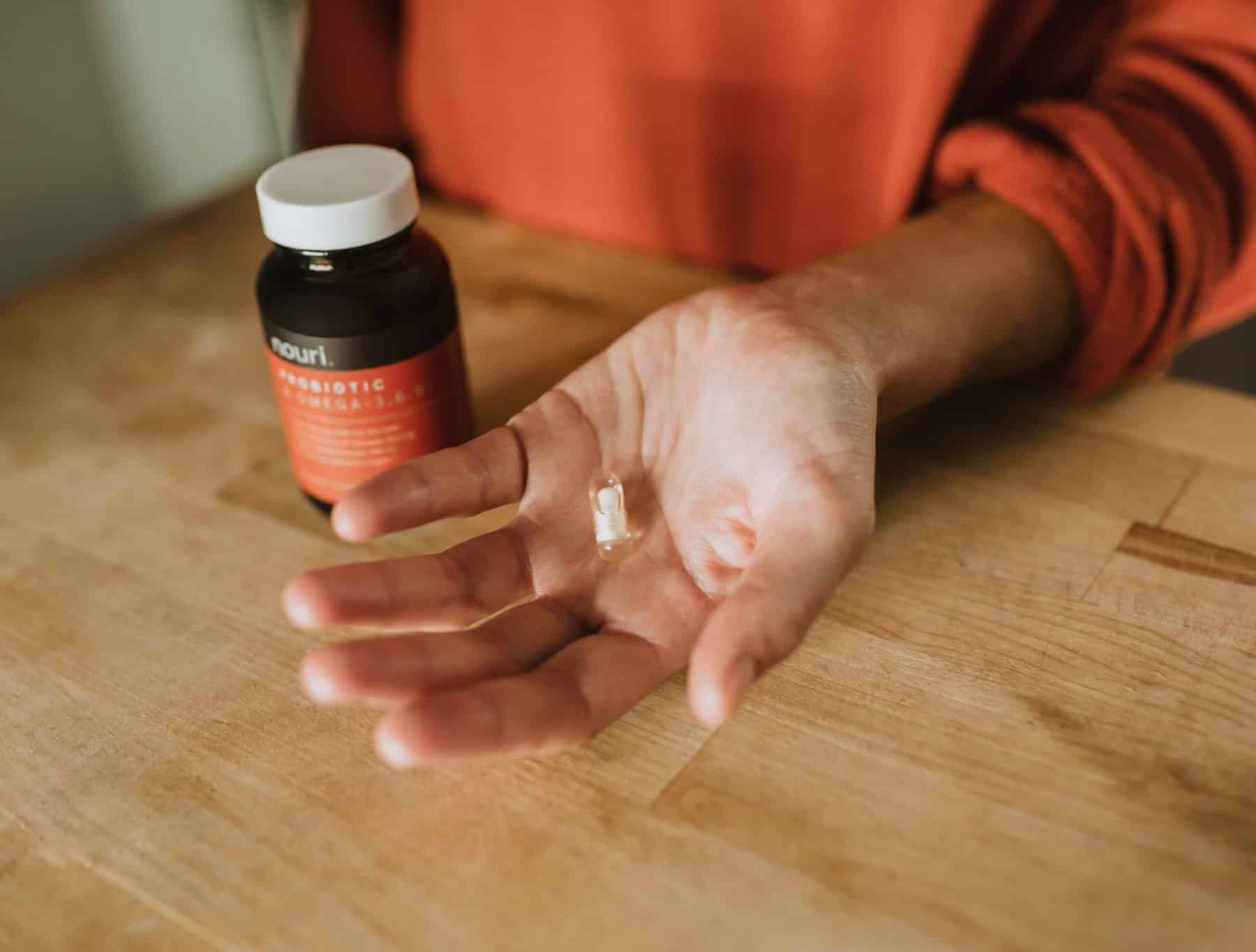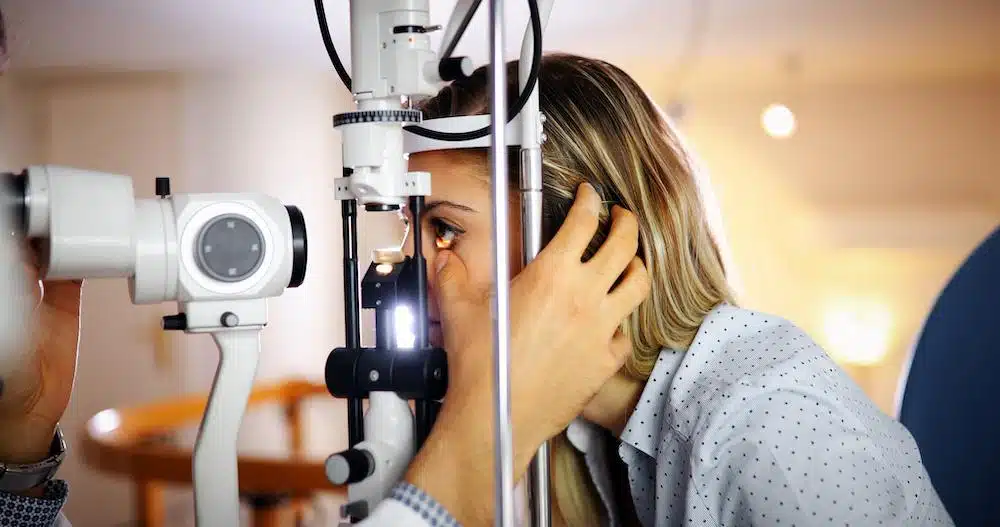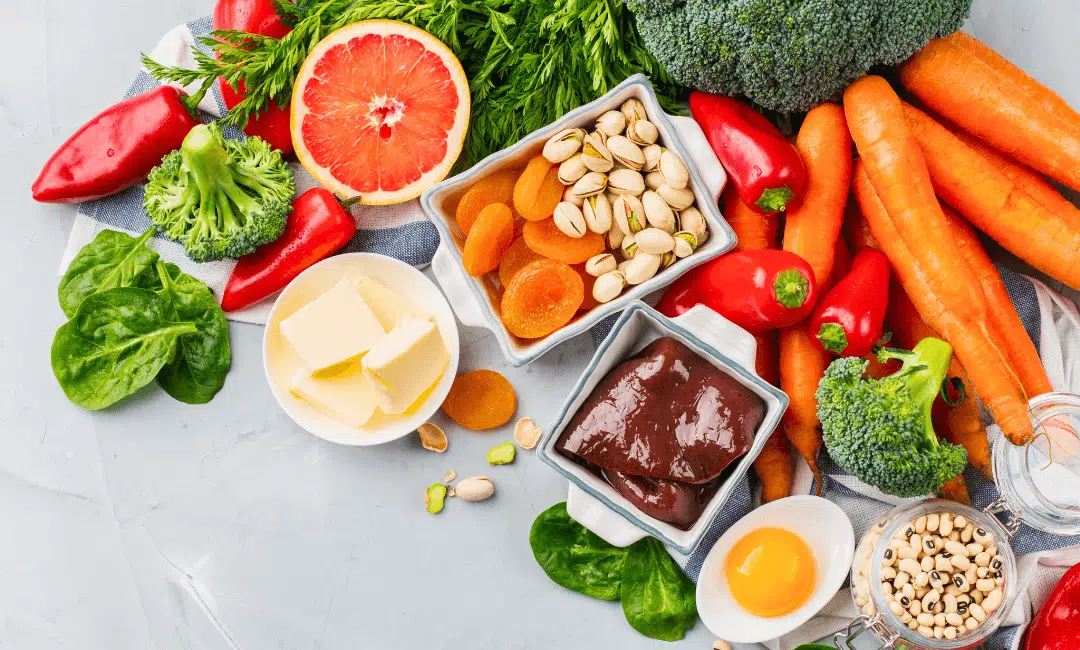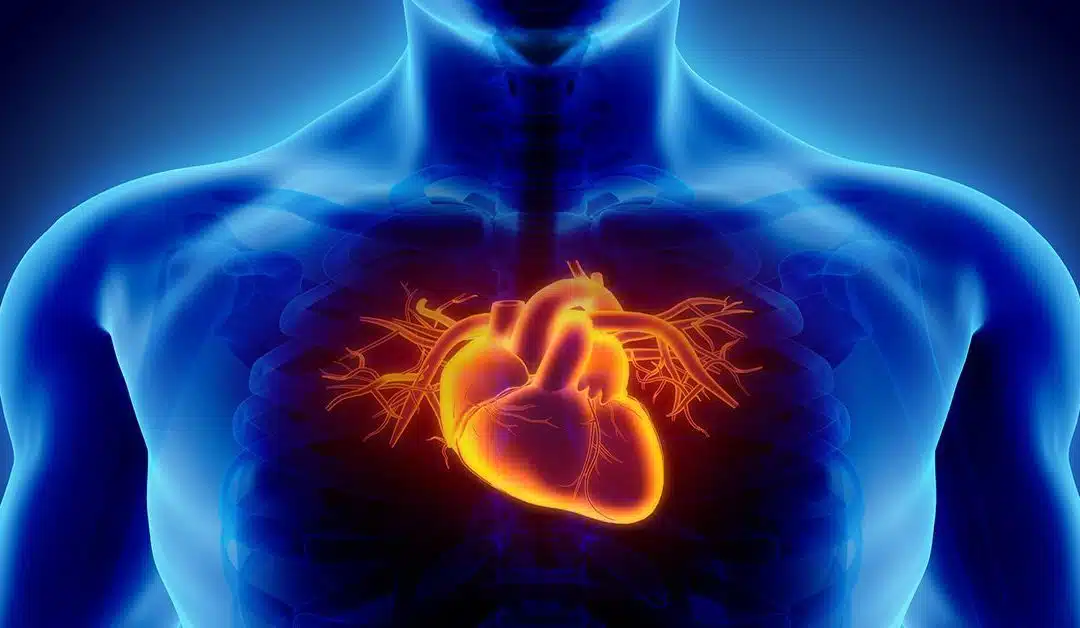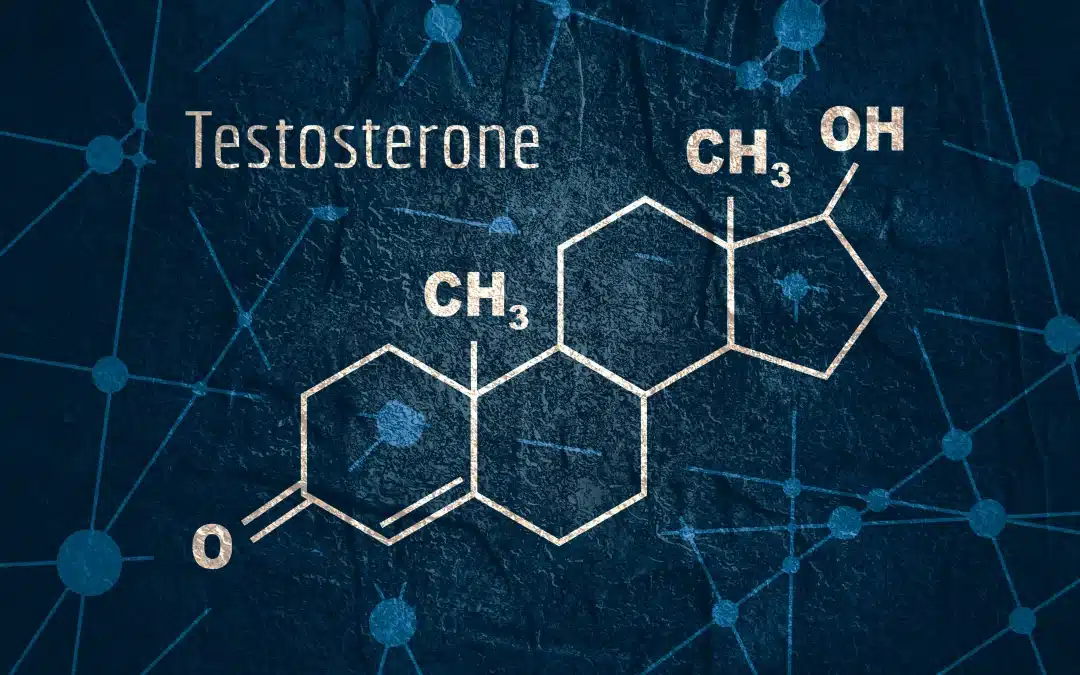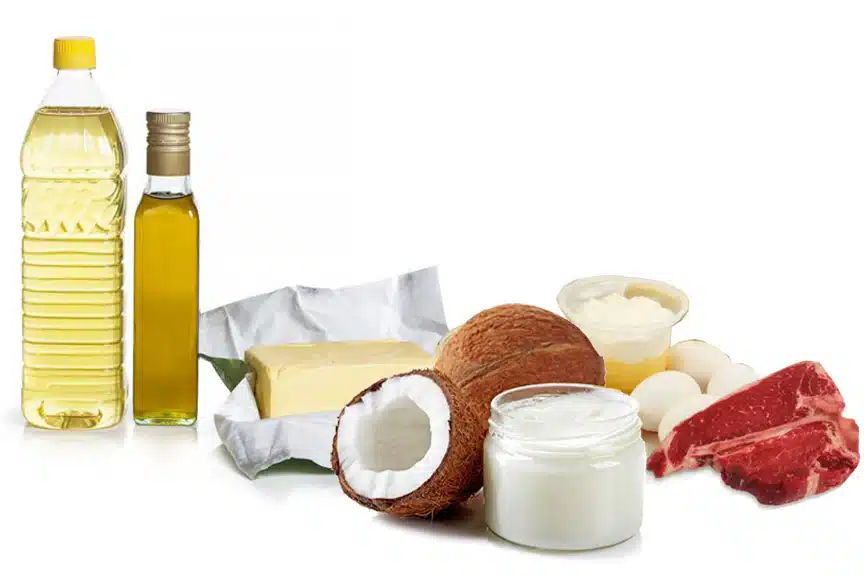What are the Symptoms of a Leaky Gut?
There are no symptoms associated directly with increased intestinal permeability. However, increased intestinal permeability usually follows from injury to your intestinal lining, and you may have symptoms from that.
Examples of Leaky Gut Symptoms:
- A burning feeling of ulceration in your gut.
- Painful indigestion from the loss of intestinal mucosa.
- Diarrhea
- Gas and bloating from fermentation by overgrown bacteria in your gut.
- Low energy from the reduced ability to draw energy from your food.
- Gastrointestinal mucositis from radiation therapy.
- Irritable bowel syndrome (IBS)
- Inflammatory bowel disease (IBD)
- Constipation
How can I Relieve My Leaky Gut Symptoms?
Scientists are continuing to investigate the benefits of various therapeutics for improving the general health and integrity of the gut lining. Generally, these therapies may not be able to mitigate a pathological disease, but they may help mitigate the effects of everyday factors such as diet, stress and bacterial overgrowth that can wear on your intestinal lining. In addition, they may even help alleviate your general gastrointestinal symptoms. However, it is important to keep in mind that some people who try these methods claim to feel better, often very quickly and the reduced symptoms could be due to the placebo effect or because of genuine health benefits indirectly related to the treatment. Therapies include:
Probiotics For Leaky Guy Symptoms
Specific probiotics for leaky gut are being tested for their ability to restore gut barrier function. These beneficial bacteria are likely a good place to start, as they work fast to help repair the lining of the gut and may reduce symptoms associated with a leaky gut. In addition, Probiotics could be a key part of reversing leaky gut and improving digestive health. In general, they simultaneously work to heal the lining of the gut and help eliminate the cause of leaky gut by reducing intestinal inflammation and restoring healthy bacteria in the gut.
Prebiotics
Prebiotics are food for the good bacteria in your gut. They are typically starchy plant fibers that feed the bacteria in your gut so they can produce important gut-healing compounds, like butyrate, to help give them an edge in the fight. Additionally, Prebiotics can be included as a supplement, although undoubtedly, the best source of prebiotics is a diet rich in fiber— one more reason to eat your veggies.
Reducing Dietary Fats and Sugars
These can encourage the growth of the wrong kinds of gut bacteria and consequently, they trigger the release of harsh dietary emulsifiers that may inflame your gut.
Nutrition
A balanced diet, complete with all the necessary macronutrients and micronutrients (vitamins and minerals) can help fortify your gut. Additionally, several other supplements for a leaky gut like Vitamin D, deglycyrrhizinated licorice (DGL), and an amino acid called L-glutamine may help repair your gut lining.
Low FODMAP Diet
This specific diet is often suggested for people who have IBS and certain food sensitivities because it systematically eliminates most of the common food triggers. Using it briefly may give your gut the rest it needs to repair, while also clueing you into which food triggers you are sensitive to.
Leaky Gut Symptoms
Many people have vague gastrointestinal symptoms, and many times the causes are frustratingly elusive. Nevertheless, in the absence of straight answers, “leaky gut syndrome” has emerged in the mainstream as a catch-all diagnosis for general indigestion and possibly many other conditions. However, true intestinal hyperpermeability is too specific and too extreme to explain most people’s symptoms. Indeed, most people simply have general gut inflammation — the precursor to intestinal permeability. This may be due to a specific disease, or may also be a cumulative effect of poor diet, chronic stress and other common factors. Try reducing these factors. Furthermore, If that doesn’t help, seek medical advice. A qualified gastroenterologist can help you sort through the possible causes of your specific symptoms.
References:
- https://my.clevelandclinic.org/health/diseases/22724-leaky-gut-syndrome
- https://drruscio.com/probiotics-for-leaky-gut/
- https://badgut.org/information-centre/a-z-digestive-topics/leaky-gut-syndrome/
- Odenwald MA, Turner JR. The intestinal epithelial barrier: a therapeutic target?. (https://pubmed.ncbi.nlm.nih.gov/27848962/) Nat Rev Gastroenterol Hepatol. 2017;14(1):9-21.
- Bischoff SC, Barbara G, Buurman W, et al. Intestinal permeability—a new target for disease prevention and therapy. (https://www.ncbi.nlm.nih.gov/pmc/articles/PMC4253991/) BMC Gastroenterol. 2014;14:189. Published 2014 Nov 18.
- Lamprecht M, Bogner S, Schippinger G, Steinbauer K, Fankhauser F, Hallstroem S, et al. Probiotic supplementation affects markers of intestinal barrier, oxidation, and inflammation in trained men; a randomized, double-blinded, placebo-controlled trial. J Int Soc Sports Nutr. 2012 Sep 20;9(1):45. DOI: 10.1186/1550-2783-9-45. PMID: 22992437. PMCID: PMC3465223.
- Hoveyda N, Heneghan C, Mahtani KR, Perera R, Roberts N, Glasziou P. A systematic review and meta-analysis: probiotics in the treatment of irritable bowel syndrome. BMC Gastroenterol. 2009 Feb 16;9:15. DOI: 10.1186/1471-230X-9-15. PMID: 19220890. PMCID: PMC2656520.
- McFarlin BK, Henning AL, Bowman EM, Gary MA, Carbajal KM. Oral spore-based probiotic supplementation was associated with reduced incidence of post-prandial dietary endotoxin, triglycerides, and disease risk biomarkers. World J Gastrointest Pathophysiol. 2017 Aug 15;8(3):117–26. DOI: 10.4291/wjgp.v8.i3.117. PMID: 28868181. PMCID: PMC5561432.
- Mujagic Z, de Vos P, Boekschoten MV, Govers C, Pieters H-JHM, de Wit NJW, et al. The effects of Lactobacillus plantarum on small intestinal barrier function and mucosal gene transcription; a randomized double-blind placebo controlled trial. Sci Rep. 2017 Jan 3;7:40128. DOI: 10.1038/srep40128. PMID: 28045137. PMCID: PMC5206730.
- Soifer LO, Peralta D, Dima G, Besasso H. [Comparative clinical efficacy of a probiotic vs. an antibiotic in the treatment of patients with intestinal bacterial overgrowth and chronic abdominal functional distension: a pilot study]. Acta Gastroenterol Latinoam. 2010 Dec;40(4):323–7. PMID: 21381407.

